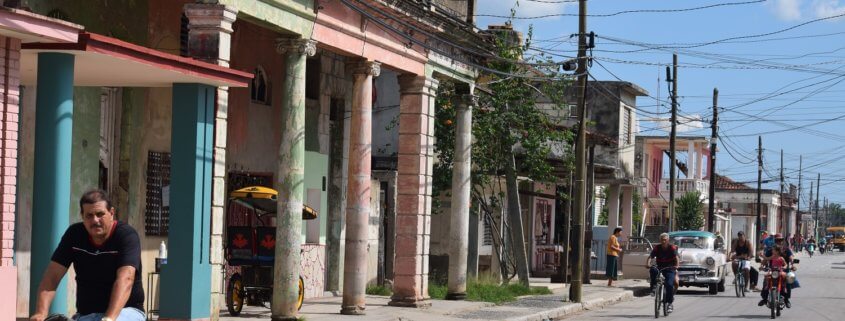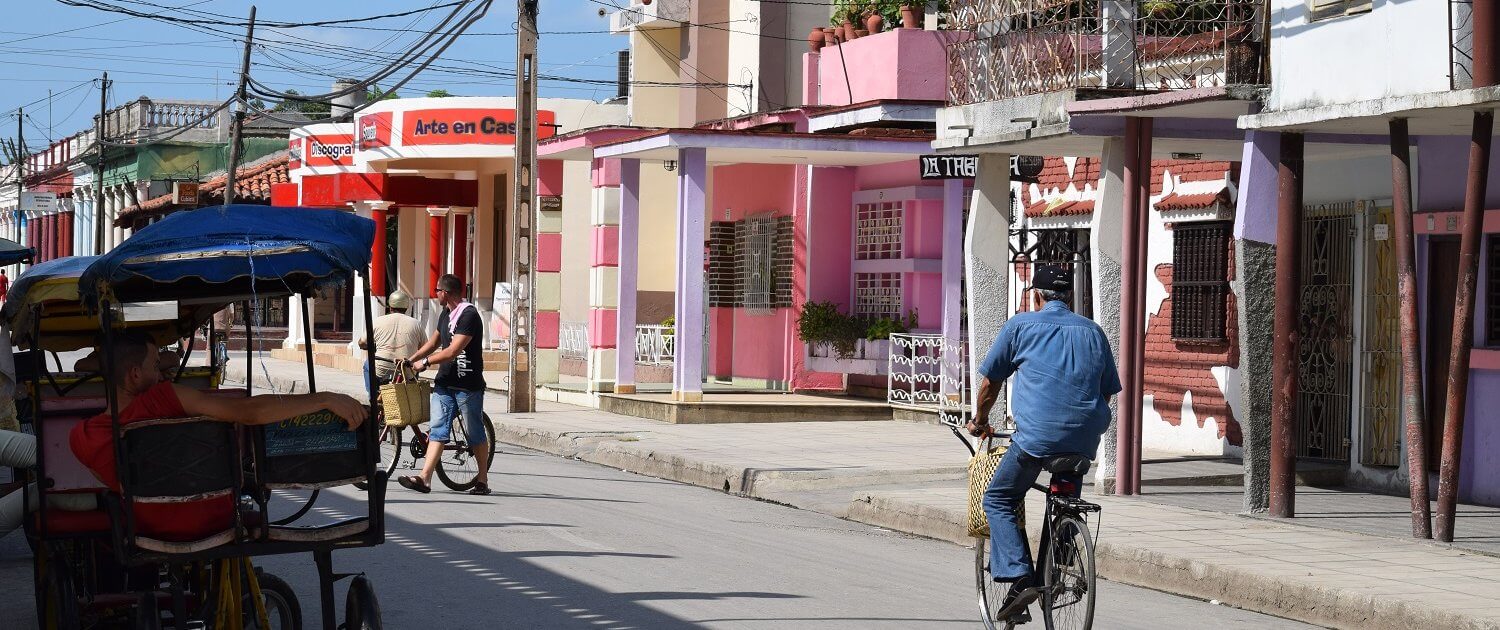Internet Access in Cuba
Internet access in Cuba is relatively new, and it’s limited in several ways. There is only one telecommunications service provider, ETECSA, which is government owned, like most things in Cuba. ETECSA sells Wi-Fi cards which can be used in Wi-Fi hotspot areas in the city. They cost two dollars per hour, which is what an average Cuban doctor gets paid per day. This raises the question of whether it is really hard for the government to provide internet access to all the citizens, as a socialist government in theory should do, or is it that the government doesn’t want to give internet access to people outside its control. The answer depends on whom you ask.
Some people believe that the government is doing what it can, and proof of this is that it gives students free access to internet for education related use. To them, internet access in Cuba is completely open and censor-free. Others believe that the government withholds information and access to its people. Regardless of who is right, it is clear that the presence of internet access in Cuba, even if it’s limited, affects Cuban’s educational opportunities, the way they see their government, the world, and the way they see Cuba.
Not-free Speech
Hazel, from Ciego de Avila, believes that internet access in Cuba is limited because Cuba is behind in technology. A man I tutored in Ciego de Avila, however, questions the government and its intentions: “I don’t think; I know that the government holds back information and access to certain websites from internet users in Cuba.” He continued to say that when people search certain words or phrases, certain results don’t come up because the “government filters” them. The filtering would include propaganda from the U.S. and anti-Cuban government sites and information.
The Cuban government does not tolerate speech against the regime. The government filters the internet because it has a tendency to challenge the regime, its ideas, and because it challenges the legitimacy of Castro. It tries to restrain democratic ideals from influencing the Cuban people. Free speech is another association to democratic ideals and liberalism that Cuba is trying to avoid.
Free Internet Access in Cuba
One of the only groups that have free internet access in Cuba is students, and they don’t even get full access. Adrián from Sanctí Spiritus went to school for computer science and said that they “had internet, but [they] didn’t” because they were not allowed to use internet to look things up such as codes. It was strange to him how someone getting a degree in computers was not able to fully use one. Codes would have come easily if he had the opportunity to look them up; instead, he and his classmates had to work on them for weeks. Pedro, a teacher at a university in Sanctí Spiritus, says that students do have access to the internet, but can only access certain educational sources. In some places, students must tell a librarian what they want to know and the librarian finds it and reports it to them afterwards. Why does the government restrict these things? Adrián mentioned how a telecommunications cable was wired from Venezuela to Cuba and it was the excitement of Cubans for a while until people realized it did not change telecommunications for them.
False hopes?
Internet access affects people’s mentality about their own life and creates the desire to want to leave Cuba in search of greater opportunities elsewhere. Hazel says that when people see “wonderful things” outside of Cuba on the internet, they start to realize that they lack those things. Her teacher says that many people live in their imagination by envisioning their lives elsewhere, creating a growing desire to leave Cuba in search of new opportunities. However, this mentality is “not good” because Cubans need to stay in order to rebuild the economy and potentially a better Cuba. But with the amount of people wanting to leave, this seems unlikely. She, among many, believes that life in Cuba isn’t bad at all, and that the internet causes people to have a false look on reality and what they could have elsewhere, instead of appreciating what they do have. Once people leave and see that life is hard anywhere you go, it might be too late to come back. In that sense internet can have a negative impact.
The embargo
Some think that limited access is actually a result of the relations between the U.S. and Cuba. Adrián from Havana thinks that internet access is limited and expensive because of the U.S. embargo. But he believes that information between Cuba and the U.S. is not limited by his or the U.S. government. He claims to know this because he is able to read news sources from the U.S. such as the New York Times, and read propaganda against his country.
Internet access in Cuba is undeniably limited due to its cost and accessibility, but people’s opinions differ on why these limitation exist. Some say it’s due to lack of technology, but when technology expands, nothing changes, which leads to the question of whether the government is purposely restricting internet access. The internet is available for students for free, but even that is limited; why? Is the U.S. embargo the reason for limited internet? Is internet in Cuba filtered, or do Cubans really have open access? Limitations of internet impacts people’s education, communication, and life in general. For now, it is uncertain whether the Castro regime will make internet more open and accessible for people in Cuba. But it is certain that such a measure would only work for the benefit of Cubans.





Leave a Reply
Want to join the discussion?Feel free to contribute!